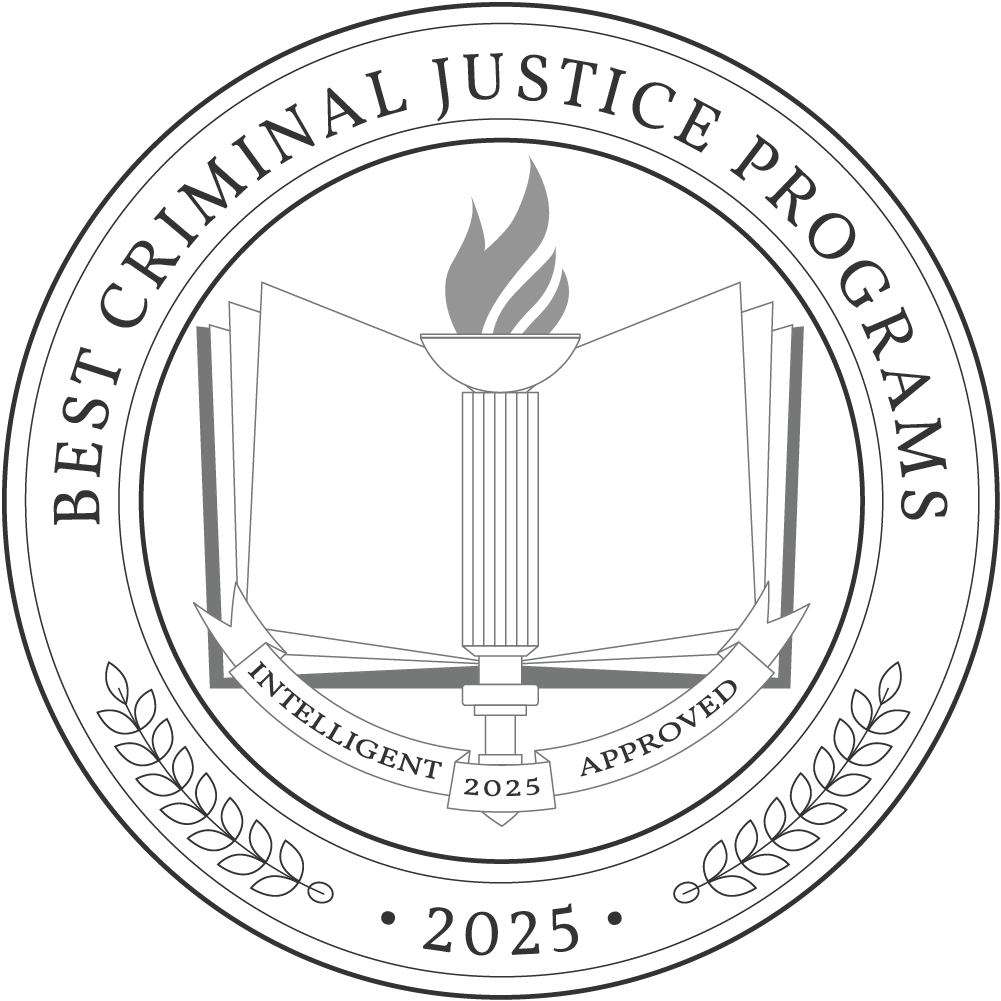A criminal justice degree prepares students for impactful careers in law enforcement, courts, and corrections. They will gain a thorough understanding of criminal behavior, punishments, and legal procedures. Graduates work as police officers, private investigators, forensic psychologists, and crime prevention specialists in social services, government agencies, nonprofits, and research.
The need for public safety creates a steady demand for police officers and detectives, with around 64,500 job openings projected annually. Their median annual income is $74,910, nearly $10,000 more than other law enforcement positions. However, wages vary depending on the position, industry, and location. Those employed in government positions have a median annual salary of $75,710, while those in educational services have a median wage of $62,590.
Most criminal justice degrees require the completion of between 120 and 134 credits, which takes four years of full-time study. Part-time and accelerated programs are also available for those who wish to complete the degree at a flexible pace. The average annual tuition and fees for a bachelor’s degree is $16,618, depending on the school, program, and student living expenses.
Why Trust Us
The Intelligent.com Higher Education Team is dedicated to providing students with independent, equitable school and program rankings and well-researched resources. Our expert-driven articles cover topics related to online colleges and programs, paying for school, and career outlooks. We use data from the U.S. Department of Education’s College Scorecard, the National Center for Education Statistics, and other reputable educational and professional organizations. Our academic advisory team reviews content and verifies accuracy throughout the year for the most current information. Partnerships do not influence rankings or editorial decisions.
- Analyzed over 2,000 national, accredited, and nonprofit colleges and universities
- 800+ rankings pages are reviewed and updated yearly
- Content is informed by reputable sources, surveys, and interviews with academic advisors and other experts
- Over 100 data points are reviewed for accuracy and quality throughout the year, including sources
How we rank schools
Our list features the best Criminal Justice degree programs at top colleges nationwide. Each school featured is a nonprofit, accredited institution — either public or private — with a high standard of academic quality for post-secondary institutions.
We evaluated each school’s program on tuition costs, admission, retention and graduation rates, faculty, reputation, and the student resources provided for online students. We collected data from trusted sources like the National Center for Education Statistics, individual school and program websites, school admissions counselors, and other data sources. Then, we calculated the Intelligent Score on a scale of 0 to 100 based on the following criterion:
Academic Quality:
- Admission rate versus enrollment rate
- Retention rate of students who return after year one
- Accreditation status (regional and programmatic)
- Nonprofit status, both private and public institutions
Graduation Rate
- Overall graduation rate
- Total number of currently enrolled students, including diversity metrics
- Student-to-faculty ratio
Cost and ROI
- In-state and out-of-state per-credit tuition rates and fees
- Required credits to graduate
- Earning potential after graduation
- Availability of federal student loans, scholarships, and other financial aid options
Student Resources
- Available student services for online-only and hybrid programs
- On-campus amenities like tutoring centers and the number of libraries
Read more about our ranking methodology.
Best 40 Accredited Criminal Justice Degree Programs
FiltersInstitution Type
Status
- Intelligent Score
- Alphabetically By University Name
- Acceptance Rate
- Enrollment
- In-state Graduate Tuition
- Out-of-state Graduate Tuition
- In-state Undergraduate Tuition
- Out-of-state Undergraduate Tuition

University of Maryland
Intelligent Score: 99.51In-state: $8,824
Out-of-state: $34,936
In-state: $13,158
Out-of-state: $13,158
SAT: 1270-1480
ACT: 30-34
Resident: $412
Non-Resident: $1,613
On-Campus
Middle States Commission on Higher Education
120

Rutgers University - Newark
Intelligent Score: 99.09In-state: $12,230
Out-of-state: $29,012
In-state: $17,736
Out-of-state: $17,736
SAT: 1180-1410
ACT: 25-32
Resident: $441
Non-Resident: $1,054
On-Campus
Middle States Commission on Higher Education
120

Michigan State University
Intelligent Score: 98.52In-state: $15,555
Out-of-state: $40,384
In-state: $18,858
Out-of-state: $18,858
SAT: 1100-1300
ACT: 23-29
Resident: $521 - $600 Non Resident: $1,434 - $1,478
On-Campus
Higher Learning Commission
120

Arizona State University
Intelligent Score: 97.83In-state: $10,710
Out-of-state: $28,800
In-state: $11,720
Out-of-state: $11,720
SAT: 1100-1320
ACT: 21-28
Resident: $77
Non-Resident: $1,357
On-Campus, Online
Higher Learning Commission
120

Indiana University-Bloomington
Intelligent Score: 97.73In-state: $9,815
Out-of-state: $36,194
In-state: $9,786
Out-of-state: $9,786
SAT: 1120-1350
ACT: 24-31
Resident: $294
Non-Resident: $1,012
On-Campus
Higher Learning Commission
120
Florida State University
Intelligent Score: 97.35In-state: $4,640
Out-of-state: $19,084
In-state: $9,684
Out-of-state: $9,684
SAT: 1220-1350
ACT: 27-31
In-State: $215
Out-of-State: $721
On-Campus, Online
Southern Association of Colleges and Schools Commission on Colleges
120
Northeastern University
Intelligent Score: 96.85In-state: $54,360
Out-of-state: $54,360
In-state: $25,264
Out-of-state: $25,264
SAT: 1410-1540
ACT: 33-35
$1,938
On-Campus
New England Commission of Higher Education
128

CUNY John Jay College of Criminal Justice
Intelligent Score: 95.82In-state: $6,930
Out-of-state: $14,880
In-state: $11,090
Out-of-state: $11,090
SAT: 1170-1340
ACT: 25-31
Resident: $305
Non-Resident: $620
On-Campus
Middle States Commission on Higher Education
120

Washington State University
Intelligent Score: 95.34In-state: $10,202
Out-of-state: $25,145
In-state: $11,781
Out-of-state: $11,781
SAT: 1020-1210
ACT: 20-26
In-State: $548
Out-of-State: $1,352
On-Campus
Northwest Commission on Colleges and Universities
120

Sam Houston State University
Intelligent Score: 95.21In-state: $5,856
Out-of-state: $15,672
In-state: $5,765
Out-of-state: $5,765
SAT: 970-1120
ACT: 18-23
Resident: $365
Non-Resident: $773
On-Campus, Online
Southern Association of Colleges and Schools Commission on Colleges
120

West Chester University of Pennsylvania
Intelligent Score: 93.28In-state: $7,716
Out-of-state: $19,290
In-state: $9,288
Out-of-state: $9,288
SAT: 1010-1180
ACT: 20-26
In-State: $322
Out-of-State: $805
On-Campus
Middle States Commission on Higher Education
120
University of Delaware
Intelligent Score: 93.26In-state: $12,730
Out-of-state: $34,160
In-state: $34,164
Out-of-state: $34,164
SAT: 1150-1330
ACT: 25-30
Resident: $585
Non-Resident: $1,570
On-Campus
Middle States Commission on Higher Education
124

Liberty University
Intelligent Score: 91.87In-state: $14,791
Out-of-state: $14,791
In-state: $7,935
Out-of-state: $7,935
SAT: 1040-1250
ACT: 21-29
$815
On-Campus
Southern Association of Colleges and Schools Commission on Colleges
120

George Washington University
Intelligent Score: 90.68In-state: $55,961
Out-of-state: $55,961
In-state: $31,770
Out-of-state: $31,770
SAT: 1270-1450
ACT: 30-33
$1,872 - $2,809
On-Campus
Middle States Commission on Higher Education
120

Temple University
Intelligent Score: 89.33In-state: $16,080
Out-of-state: $28,992
In-state: $16,956
Out-of-state: $16,956
SAT: N/A
ACT: N/A
Resident: $499
Non-Resident: $899
On-Campus
Middle States Commission on Higher Education
123
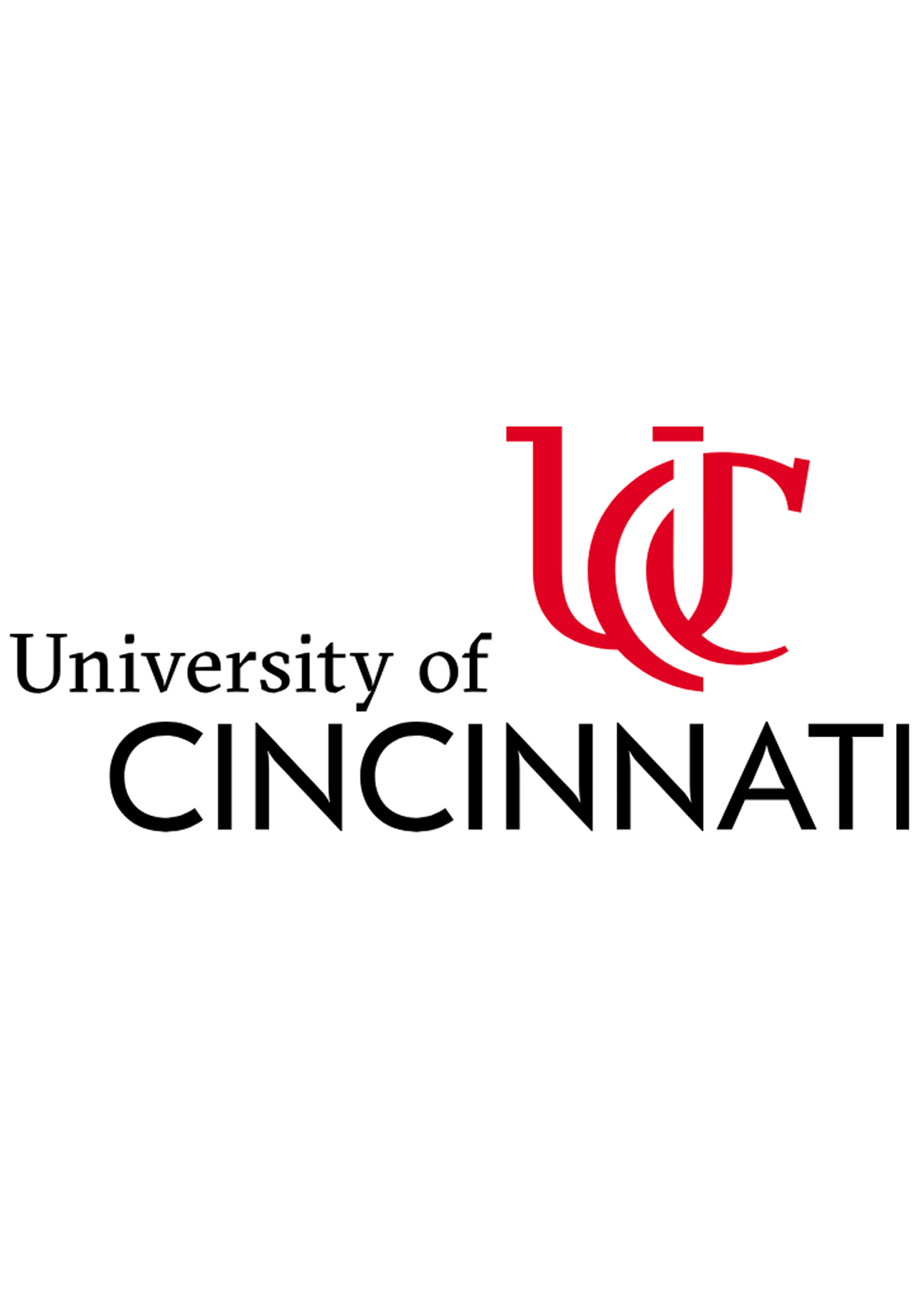
University of Cincinnati
Intelligent Score: 88.81In-state: $9,723
Out-of-state: $25,057
In-state: $13,224
Out-of-state: $13,224
SAT: 1120-1330
ACT: 23-29
Resident: $274 - $566
Non-Resident: $575 - $1,205
On-Campus, Online
Higher Learning Commission
120
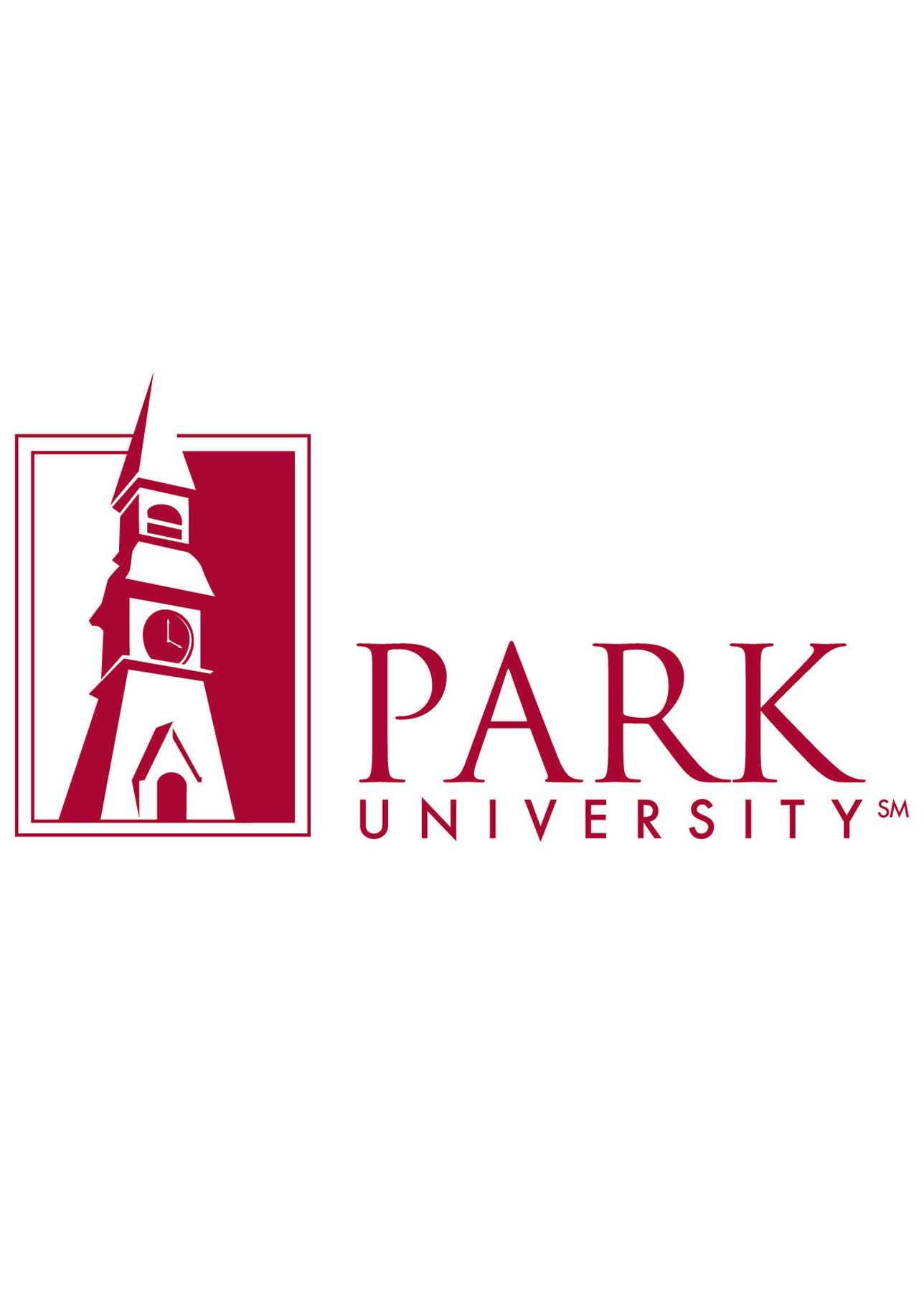
Park University
Intelligent Score: 88.58In-state: $8,251
Out-of-state: $8,251
In-state: $6,224
Out-of-state: $6,224
SAT: N/A
ACT: N/A
$458 - $687
On-Campus, Online
Higher Learning Commission
120

Marist College
Intelligent Score: 88In-state: $39,925
Out-of-state: $39,925
In-state: $15,300
Out-of-state: $15,300
SAT: N/A
ACT: N/A
$825
On-Campus
Middle States Commission on Higher Education
120
How to Choose a Criminal Justice Program
Choose your area of study
The three types of criminal justice degrees available are associate, bachelor’s, and master’s. These degree levels differ in their curriculum, length, and career outlook.
An associate degree in criminal justice prepares students for entry-level jobs, such as a police officer, paralegal, or crime scene technician. It typically requires two years of full-time study and provides a foundational knowledge of the criminal justice system.
A bachelor’s degree in criminal justice requires four years of full-time study and involves a more in-depth curriculum. Students can choose a major to specialize in, and many undergraduate programs also include an internship.
A master’s degree in criminal justice requires two to three years of full-time study and prepares students for leadership roles in the field. Programs often offer concentration areas, including crime analysis, cybersecurity, homeland security, and terrorism studies.
Research schools and programs
When researching criminal justice programs, look for institutions that have received accreditation from a recognized agency. Notable accrediting agencies include the Middle States Commission on Higher Education, the Southern Association of Colleges and Schools Commission on Colleges, and the New England Commission on Higher Education.
Accreditation ensures that the school meets a set quality standard and adequately prepares students for their future careers. Attending an accredited institution will help you receive government aid, get hired after graduation, and transfer credits.
There are several ways to learn more about prospective schools and programs, including:
- Visiting them in-person
- Browsing their website
- Attending open houses
- Following them on social media
You can also speak with an admissions advisor or program representative to gain more insight into the curriculum, admissions, and school culture.
Prepare for tests and applications
The admission requirements for a criminal justice degree vary by institution, but most require you to submit the following:
Speak with an admissions advisor before submitting your application to review the process, deadline, and requirements.
Select your program
If you receive admission to more than one criminal justice program, narrow down your options by reviewing your academic and logistical needs. Determine if the program is in person or online, full-time or part-time, and asynchronous or synchronous. Also, consider the program length, cost, location, and housing requirements.
For additional guidance, speak with an academic advisor. They’ll review your options and help you make the choice that will best set you up for future success.
Determine how you’ll pay for your degree
Create an annual budget to determine whether you’ll pay for the degree yourself or require financial aid. Include academic costs such as tuition, fees, and supplies, along with living expenses such as housing, transportation, food, and extracurriculars.
Visit the Free Application for Federal Student Aid (FAFSA) website and submit an application to determine the amount of financial aid you’re eligible for, including scholarships, work-study funds, grants, and loans. If you’re currently employed, ask your employer if they offer tuition assistance benefits.
What Can You Expect From a Criminal Justice Program?
A degree in criminal justice provides students with an understanding of the criminal justice system, including law enforcement, the court system, and criminal behavior. Programs consist of core courses that cover foundational knowledge and electives tailored to a chosen specialization. Course topics include criminal law, corrections, the judicial process, criminal motivation, and victimology.
Students use various learning methods, including coursework, exams, lectures, and hands-on experience, to develop the analytical, communication, problem-solving, and research skills needed to succeed in the field. Many programs also include internships where students gain real-world experience that prepares them for their future careers.
Potential courses you’ll take in a criminal justice program
- Issues in Criminal Justice. This course provides an overview of the processes and problems within the criminal justice system. Students will study the causes of crime, issues that criminologists face, and the role of courts and legal constraints.
- Sociology of Crime. Students analyze the origins of deviant, delinquent, and criminal behavior. They also study the impact of crime on society, focusing on the connection between social problems and illegal activities.
- Drugs, Crime, and the Criminal Justice System. This course focuses on the complex relationship between drugs and crime and the effects of drug legislation on the criminal justice system.
- Deviant Behavior. Students examine various deviant subcultures, such as drugs, sexual behavior, and gangs. They delve into how deviance is defined, sustained, tolerated, controlled, and responded to within these subcultures.
- Law, Evidence, and Ethics. This course analyzes the role and rules of evidence in criminal investigations, trials, and proceedings, focusing on the ethical obligations of government agencies in gathering evidence.
Criminal Justice Degree Frequently Asked Questions
How do I apply to a criminal justice degree program?
To apply for a criminal justice degree, visit the program website and review the requirements, deadlines, and fees. The application materials vary by institution but often include your high school transcripts, an essay, test scores, letters of recommendation, and a personal statement. Speak with an admissions counselor to ensure you submit the correct materials and meet the requirements.
How much does a criminal justice degree cost?
The average annual tuition and fees for a bachelor’s degree in criminal justice is $16,618, but the total cost varies depending on the school and program. Students should also consider additional expenses such as housing, supplies, transportation, and extracurriculars that may increase the amount. Those in part-time or online studies may see lower costs due to reduced overhead and fewer credits per semester.
How long does earning a criminal justice degree take?
Most undergraduate degrees in criminal justice consist of 120 to 134 credits and require four years of full-time study. Online, part-time, and asynchronous options are available for those who desire flexible scheduling. Students can also enter accelerated programs that require two years of intensive studies.
